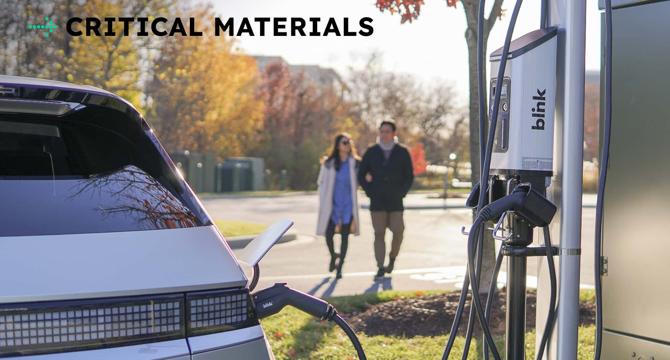Insideevs
1M
109

Image Credit: Insideevs
Trump’s EV Charger Purge Could Cost Taxpayers Over $1 Billion
- The Trump administration plans to dismantle thousands of EV charging ports on federal properties, potentially costing taxpayers over $1 billion.
- This move includes decommissioning the EV chargers installed under the Biden administration, leading to significant financial losses.
- Selling the 25,000 EVs purchased could result in large depreciation losses and additional costs for new gas-powered vehicles.
- The potential losses from this action add up to $1.325 billion, impacting progress in modernizing the government's transportation fleet.
- EV charging stations are increasingly vulnerable to cyberattacks, with a rise in incidents targeting EV chargers and smart mobility products.
- Threat actors are exploiting vulnerabilities in EV charging networks, potentially impacting millions of devices and posing risks of financial chaos.
- As Tesla prepares to launch Full Self-Driving features in China, regulatory approval and U.S.-China trade tensions play a significant role in the process.
- Chinese Tesla owners are getting a version of FSD called 'FSD Intelligent Assisted Driving,' awaiting full approval for the comprehensive FSD package.
- Improvements in the EV charging experience, including better payment processing and location amenities, are essential for enhancing user satisfaction.
- The variation in EV charging experiences highlights the need for consistent and convenient charging solutions across different locations and providers.
Read Full Article
6 Likes
For uninterrupted reading, download the app